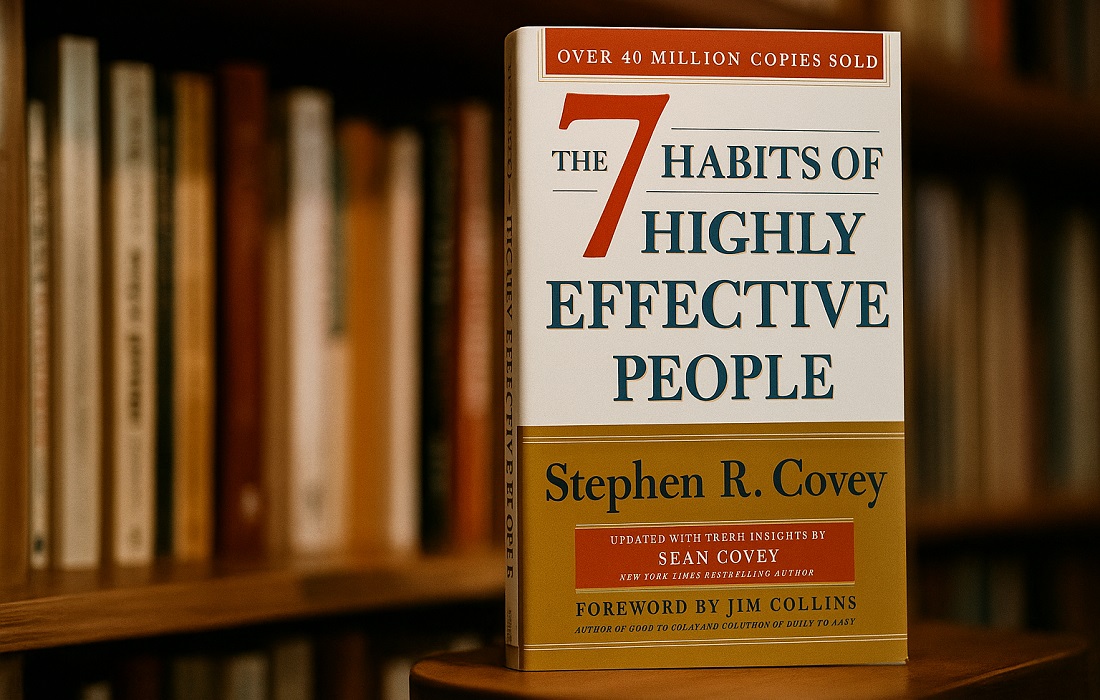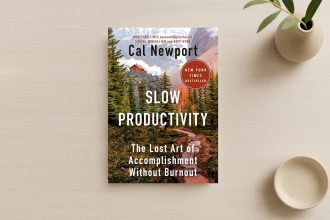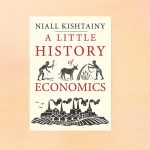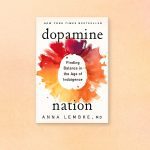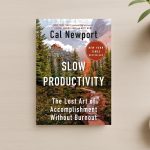In the ever-changing landscape of personal and professional development, few books have left as profound an imprint as The 7 Habits of Highly Effective People by Stephen Covey. First published in 1989, it quickly became a cornerstone for those seeking lasting success grounded in timeless principles. This review aims to explore not just Covey’s seven habits, but the philosophy behind them, their real-world applications, and their enduring relevance more than three decades later. Whether you’re a business leader, student, or simply striving for personal growth, these habits offer a framework for a balanced, purposeful, and highly effective life.
1. Introduction to The 7 Habits of Highly Effective People
When The 7 Habits of Highly Effective People first hit bookstores in 1989, it wasn’t just another self-help book destined to fade after a brief spotlight moment. Stephen Covey’s work became a movement – a blueprint for personal and professional mastery that transcended corporate boardrooms and seeped into classrooms, families, and communities worldwide.
With over 40 million copies sold, translations into more than 50 languages, and decades perched atop bestseller lists, Covey’s book has remained one of the most influential guides to personal and organizational effectiveness. Its enduring appeal lies in its structured, principle-centered approach to success – a stark contrast to quick-fix hacks and trendy productivity gimmicks.
This review dives deep into the core of Covey’s philosophy, the 7 habits, why they matter, how they can be applied, the book’s strengths, its limitations, and its lasting cultural footprint.
2. About the Author: Stephen Covey
Stephen R. Covey (1932–2012) was more than an author; he was a leadership visionary, educator, businessman, and keynote speaker. Covey’s educational background – a B.S. in Business Administration from the University of Utah, an MBA from Harvard Business School, and a Doctorate in Religious Education from Brigham Young University – uniquely positioned him to blend academic rigor with accessible life principles.
Covey held a worldview rooted in timeless values, emphasizing character ethics over personality tricks. He founded Covey Leadership Center, which later merged into FranklinCovey, a global consultancy shaping leadership training around the world. Through his books, lectures, and consultancy, Covey urged individuals and organizations to build success on principles that endure, even as circumstances and trends change.
His legacy continues through FranklinCovey’s work, his other books like The 8th Habit, and the millions who apply his 7 habits principles daily.
3. Overview of the Book
The 7 Habits of Highly Effective People is built on a central premise: True effectiveness comes from aligning one’s character with universal and timeless principles of fairness, integrity, honesty, and human dignity. Covey divides the book into four main parts:
- Paradigms and Principles – Explains how our perceptions shape reality and why we need to base actions on universal truths.
- Private Victory (Habits 1–3) – Focusing on self-mastery before influencing others.
- Public Victory (Habits 4–6) – Building effective relationships and teamwork.
- Renewal (Habit 7) – Constantly improving and preserving one’s greatest asset: themselves.
Covey integrates psychology, leadership theory, and case studies into an accessible framework that moves from internal change to external influence.
4. Main Ideas & Concepts: Breaking Down the 7 Habits
Habit 1: Be Proactive
Being proactive means taking responsibility for your reactions and actions, regardless of external circumstances. Covey emphasizes focusing on the Circle of Influence-things you can control-rather than dwelling on your Circle of Concern-things beyond your control.
This habit shifts the mindset from reactive (blaming, victimhood) to proactive (ownership, initiative), empowering individuals to choose their response rather than being driven by conditions or moods.
Habit 2: Begin with the End in Mind
Covey asks readers to envision their funeral-how they would want to be remembered-and work backward from that vision to shape daily actions. This principle drives the creation of personal mission statements and keeps decisions aligned with deeply held values and long-term priorities.
By clarifying your ultimate goals, you ensure that busyness does not replace true progress.
Habit 3: Put First Things First
This habit is about discipline and time management, but Covey reframes it as self-management. He introduces his famous Time Management Matrix, distinguishing urgent from important activities.
The priority is Quadrant II – important but not urgent – where planning, prevention, and relationship-building happen, preventing crises before they arise.
Habit 4: Think Win-Win
Effective relationships rest on mutual benefit. Covey identifies six paradigms of human interaction, placing Win-Win at the center as the mindset that fosters trust, respect, and long-term cooperation.
It is not about compromise but about creating solutions that satisfy all parties’ core needs.
Habit 5: Seek First to Understand, Then to Be Understood
Most people listen with the intent to reply, not to understand. Covey champions empathic listening – making the other person feel heard before advocating your own views.
This habit strengthens trust and diffuses conflicts, laying the foundation for habit 6.
Habit 6: Synergize
Synergy is more than teamwork; it is the creative collaboration where the combined outcome exceeds the sum of parts. Covey sees diversity not as an obstacle but as an asset when guided by shared goals and respect.
Habit 7: Sharpen the Saw
The final habit is about self-renewal across four dimensions: physical, mental, social/emotional, and spiritual. Covey warns that effectiveness decays without intentional renewal and balance.
5. Key Lessons Learned
– Character trumps personality in building meaningful, lasting influence.
– Principle-centered living offers stability in a fast-changing world.
– Internal transformation is a prerequisite for effective external leadership.
– Time should be invested in prevention over firefighting.
– Effective relationships require mutual respect and benefit.
6. Reception and Criticism
Strengths (Pros)
– Timeless principles – still relevant decades after publication.
– Structured, logical framework for personal and professional growth.
– Practical tools like the Time Management Matrix and mission statements.
– Cross-context applicability – equally valuable in leadership, family, education.
Criticisms (Cons)
– Dense in parts for casual readers.
– Some examples feel dated to a modern technological environment.
– Implementation requires sustained discipline – not a quick fix.
7. Impact & Relevance Today
From Silicon Valley boardrooms to school leadership programs, Covey’s principles continue to shape corporate training, education, and personal development. The language of being proactive, thinking win-win, and sharpening the saw has seeped into leadership culture globally.
In an era of distraction and reactive behavior, Covey’s message about principle-centered living feels more urgent than ever.
8. Real-Life Applications
In Career: Setting clear career goals and aligning actions to them (Habit 2), managing workload proactively (Habit 3).
In Business Leadership: Practicing win-win negotiations (Habit 4) and building synergistic teams (Habit 6).
In Personal Life: Deepening relationships through empathy (Habit 5) and maintaining health and balance (Habit 7).
9. Verdict & Recommendation
The 7 Habits of Highly Effective People is not just a book – it’s a manual for building a life of purpose, integrity, and influence. While it requires effort and consistent practice, its long-term rewards far outweigh the discipline needed to apply it.
10. Conclusion
Stephen Covey’s The 7 Habits of Highly Effective People remains a seminal guide for anyone seeking meaningful success. By combining principle-centered guidance with actionable strategies, the book equips readers with tools they can use for life. In a noisy world of quick fixes, Covey’s enduring message reminds us that effectiveness is built from the inside out.
If you found this review helpful, please share it or leave a comment below.

